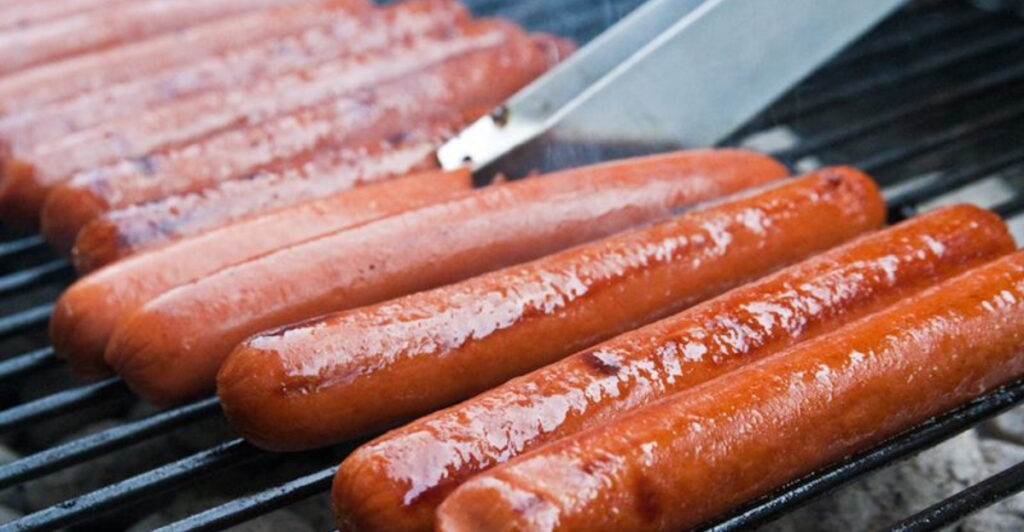American BBQ traditions are famous worldwide, but not all our favorite cookout foods get a warm welcome abroad. Many countries have strict food safety regulations that prohibit ingredients Americans consume without a second thought. From chemical treatments to controversial additives, these BBQ classics might be staples at your summer cookout, but they’re actually illegal in many parts of the world.
1. Ractopamine-Raised Pork Ribs
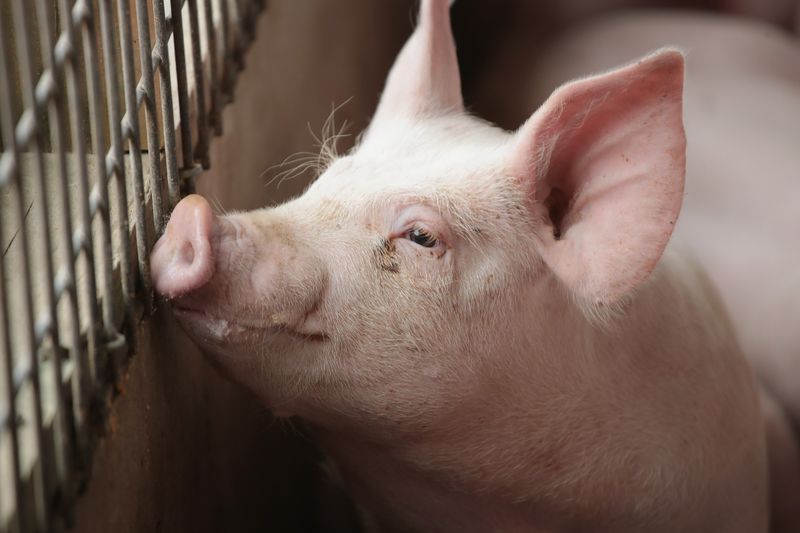
Those juicy pork ribs at your neighborhood BBQ joint likely come from pigs fed ractopamine, a muscle-enhancing drug that’s standard in American pork production. The FDA approved it decades ago, but over 160 countries including China, Russia, and the entire European Union have banned it completely.
Studies link ractopamine to heart palpitations, anxiety, and even cardiac arrests in some consumers. American meat producers continue using it to maximize profits, while international health authorities refuse to budge on their prohibitions.
2. Pink Salt-Cured BBQ Meats
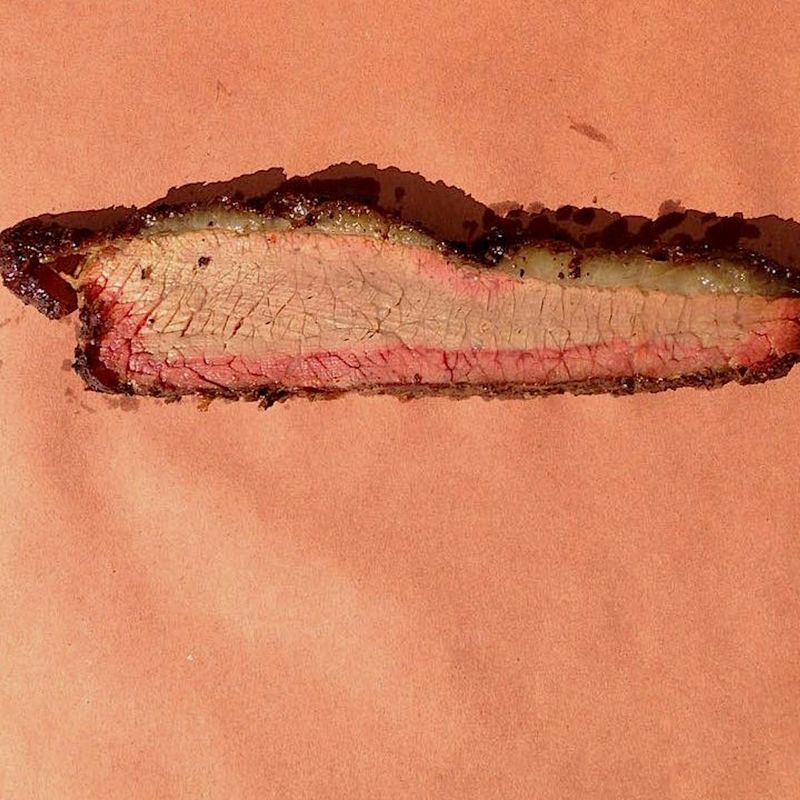
The rosy hue in your favorite smoked brisket comes from sodium nitrite, often called pink salt in curing. While it prevents botulism and creates that distinctive color and flavor, many European countries strictly limit its use due to health concerns.
When nitrites combine with amino acids during high-heat cooking, they form nitrosamines—powerful cancer-causing compounds. Countries like France and Germany have dramatically stricter limits than the US. Some American artisanal producers now make nitrite-free products, but they’re rare at typical BBQs.
3. Nitrite-Loaded Hot Dogs
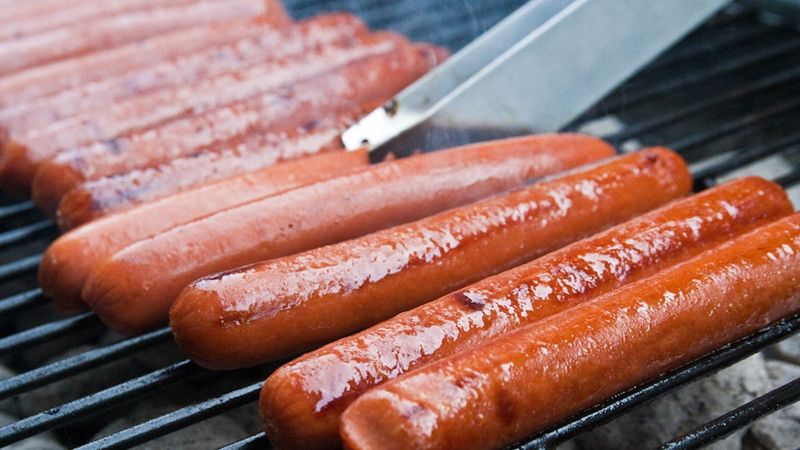
The all-American hot dog—centerpiece of countless backyard gatherings—contains synthetic preservatives that would never make it onto European grills. American hot dogs typically contain sodium nitrite and sodium erythorbate for color preservation and bacterial control.
Norway, Austria and parts of Germany have banned these synthetic additives due to their link to colorectal cancer. Many European countries require natural alternatives or strict warning labels. Meanwhile, Americans consume about 20 billion hot dogs annually, most loaded with these controversial compounds.
4. High-Fructose Corn Syrup BBQ Sauce
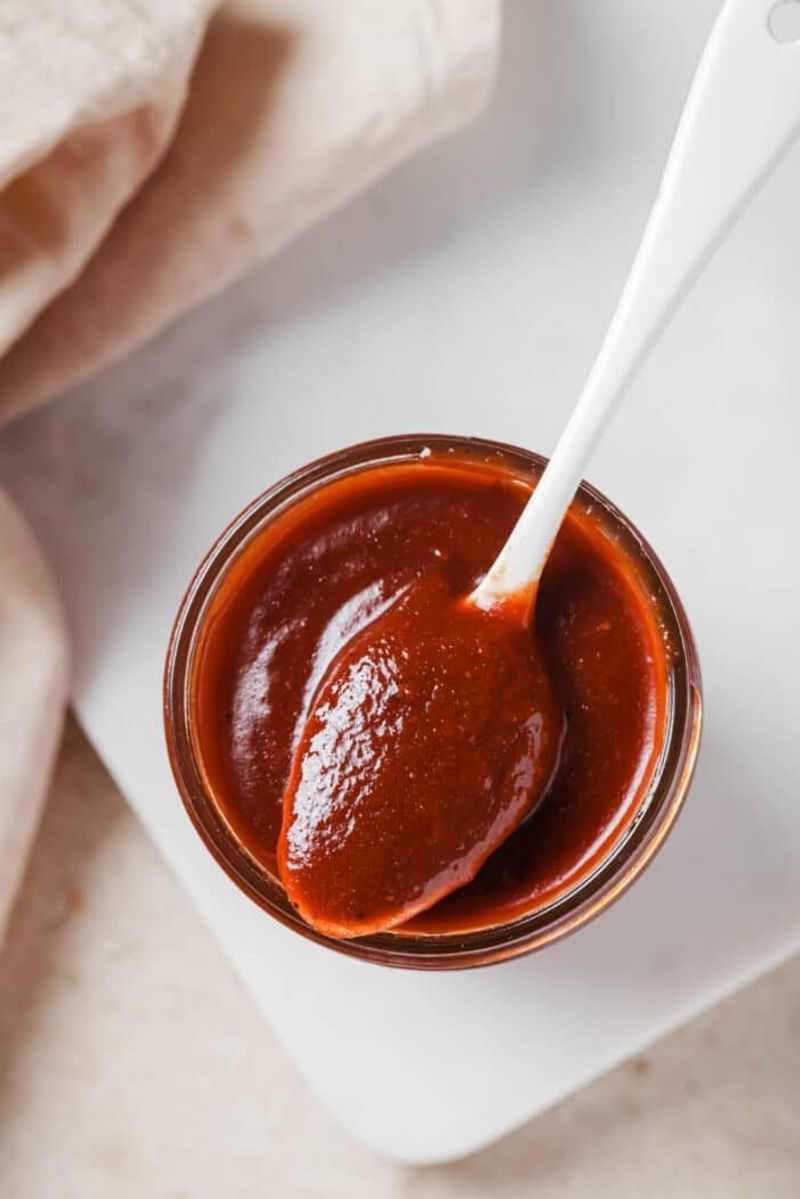
That sticky-sweet BBQ sauce coating your ribs likely contains high-fructose corn syrup (HFCS), which is heavily restricted across Europe. American manufacturers love HFCS because it’s cheaper than sugar and extends shelf life significantly.
France, the UK, and Hungary either ban or heavily tax HFCS due to its links to obesity, diabetes, and metabolic disorders. The human body processes HFCS differently than natural sugars, potentially leading to increased fat storage. Many American BBQ sauce brands list it as their first or second ingredient.
5. Brominated Vegetable Oil Beverages
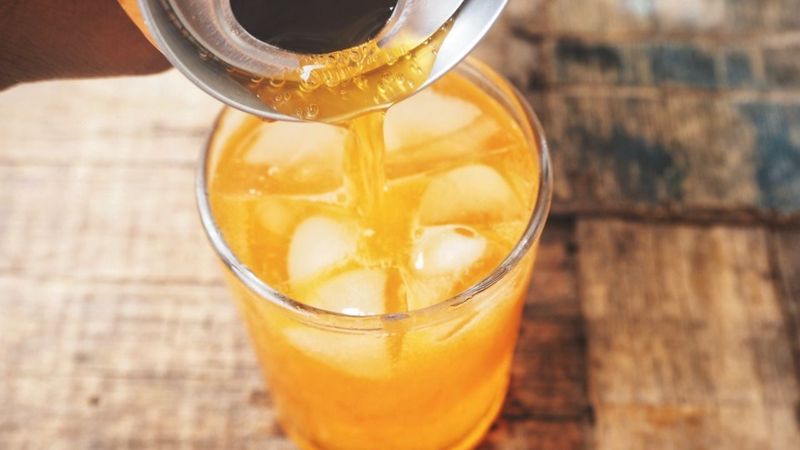
Those bright yellow citrus drinks at your cookout might contain brominated vegetable oil (BVO), an emulsifier that keeps flavor oils suspended. While Americans sip these drinks without a second thought, more than 100 countries have banned BVO completely.
Japan, India and the entire European Union prohibit BVO due to its bromine content, which accumulates in fatty tissues and can cause thyroid problems and neurological disorders. Bromine is also used as a flame retardant in furniture and plastics—not exactly something you’d want in your refreshing BBQ beverage.
6. Artificially Colored BBQ Sides
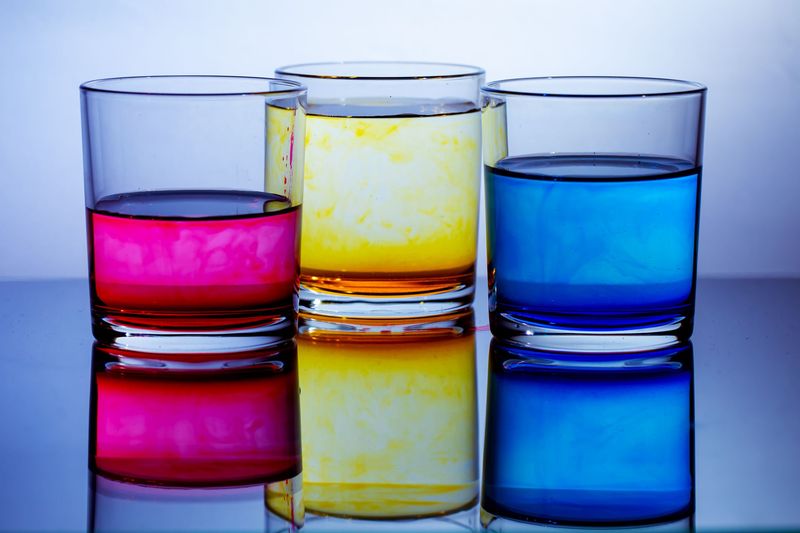
The vivid red macaroni salad and electric blue patriotic desserts common at American BBQs contain synthetic dyes that are banned across much of Europe. Yellow 5, Red 40, and Blue 1 give American picnic sides their eye-catching colors, but they’re linked to serious health concerns.
Norway and Austria have completely banned these petroleum-derived colorants. Finland and Sweden require warning labels about potential behavioral effects in children. American manufacturers continue using these dyes despite mounting evidence of hyperactivity and allergic reactions associated with them.
7. Trans Fat-Laden Desserts
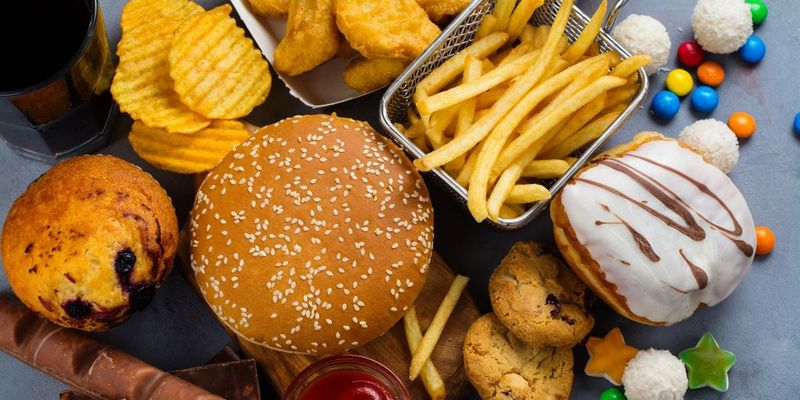
Those flaky pies and cookies ending your BBQ might contain partially hydrogenated oils—artificial trans fats that are outright banned in Denmark, Switzerland, and many other nations. American bakers love these fats for their long shelf life and ability to withstand high temperatures.
Trans fats raise bad cholesterol while lowering good cholesterol, creating a double cardiac risk. Though the FDA has taken steps to reduce trans fats, they still lurk in many packaged BBQ desserts. Denmark’s aggressive ban reduced cardiovascular deaths by 14.2% in just three years.
8. Azodicarbonamide Hamburger Buns
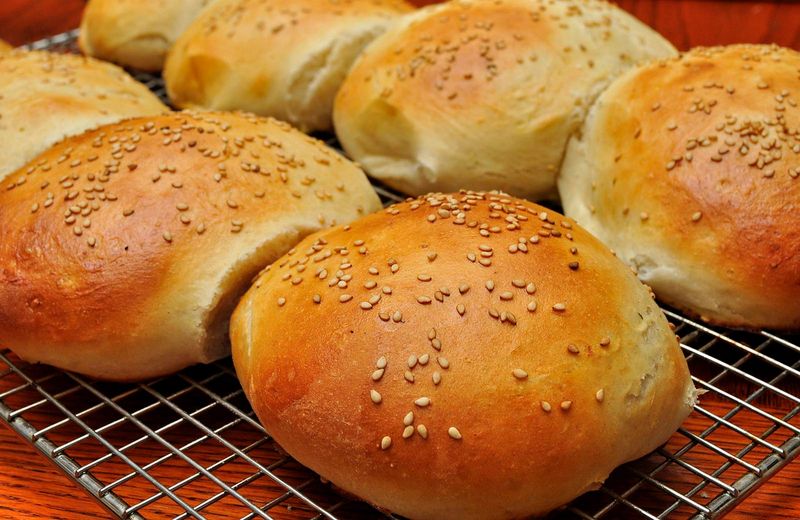
Ever wonder why those hamburger buns stay so perfectly soft? Many commercial American buns contain azodicarbonamide (ADA), a whitening agent and dough conditioner that’s banned throughout the European Union, Australia, and parts of Asia.
This chemical compound is primarily used in plastic manufacturing and foam products like yoga mats. It breaks down into carcinogenic semicarbazide during baking. Singapore takes ADA so seriously that using it can result in a 15-year prison sentence and $450,000 fine, while Americans consume it regularly at cookouts.
9. BHA/BHT Preserved Potato Chips

Those crunchy potato chips in your BBQ spread likely stay fresh thanks to butylated hydroxyanisole (BHA) and butylated hydroxytoluene (BHT)—preservatives that Japan and much of Europe have banned. These petroleum-derived additives prevent oils from going rancid but come with significant health concerns.
Both BHA and BHT are listed as possible human carcinogens and endocrine disruptors. While American chip manufacturers defend these chemicals as safe in small amounts, countries like Australia and New Zealand restrict them based on studies showing potential hormone disruption and cancer promotion.
10. Miracle Whip Potato Salad
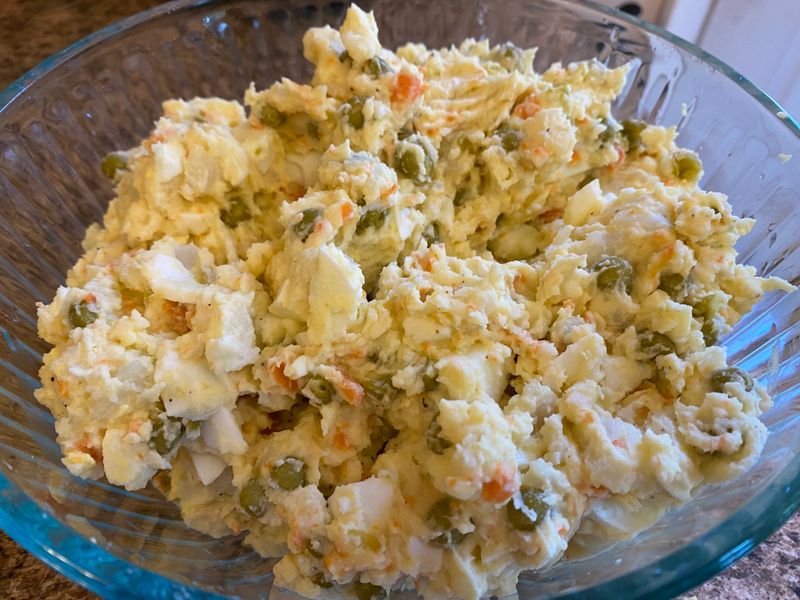
That creamy potato salad at your family picnic likely contains Miracle Whip, which is restricted or reformulated in several European countries due to its blend of high-fructose corn syrup, artificial preservatives, and modified food starch.
Italy and parts of Scandinavia have particularly strict regulations on emulsified dressings. The combination of sweeteners and stabilizers in American versions doesn’t meet EU standards for “real food.” Traditional European potato salads use simple ingredients like olive oil, vinegar, and mustard instead of these processed alternatives.
11. Chlorinated Chicken Wings
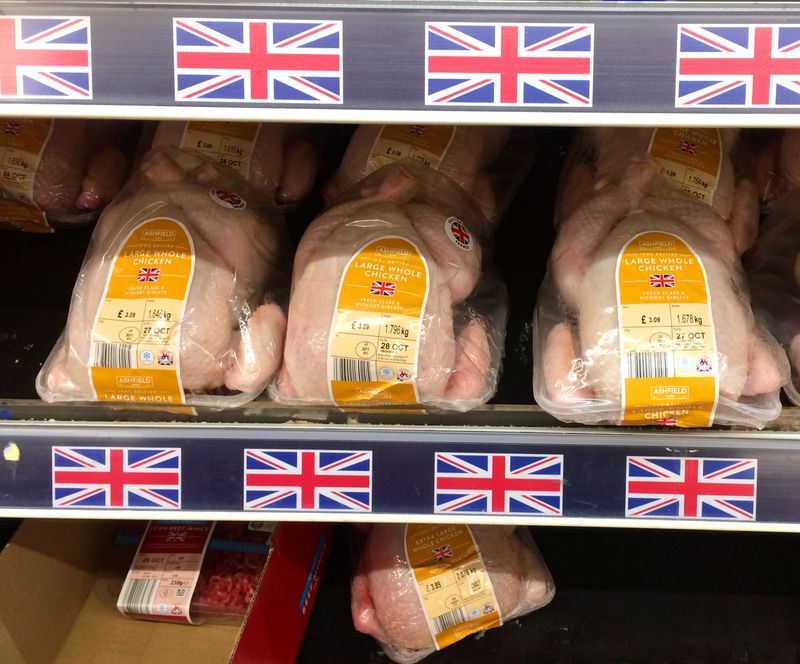
Crispy buffalo wings might be the star of your tailgate, but the chlorine wash that American poultry processors use has been banned throughout the European Union since 1997. American processors dunk chicken carcasses in chlorinated water to kill bacteria after slaughter.
European food safety authorities argue this practice masks poor hygiene during the raising and processing of birds. They believe prevention through better farming practices trumps chemical intervention. The chlorine itself isn’t the main concern—it’s what the wash might be hiding.
12. Indoor Charcoal Grilling Equipment
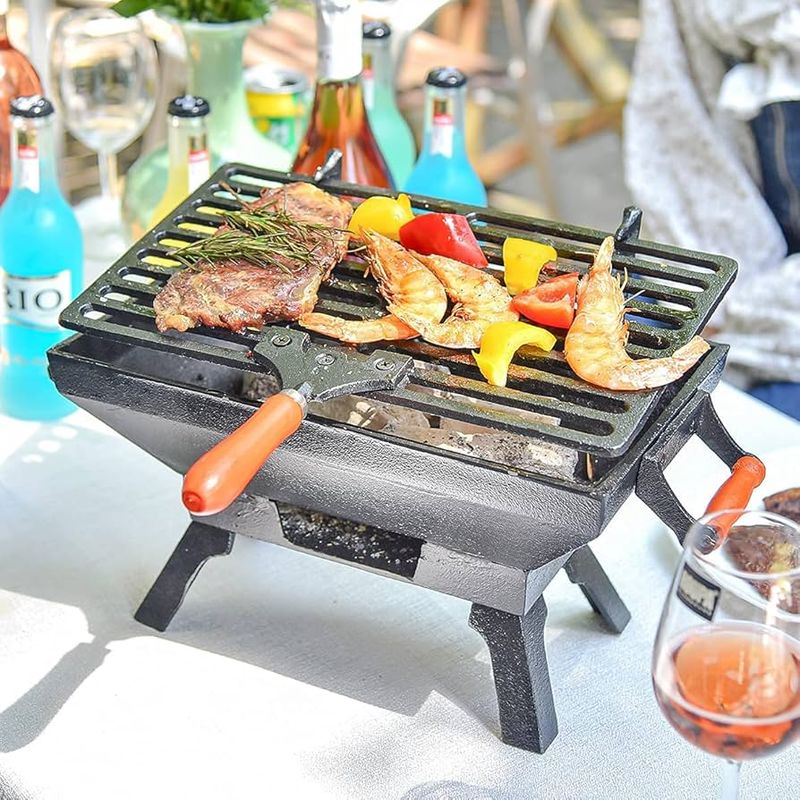
Those tabletop hibachi grills popular at some American BBQ restaurants are completely illegal in Japan and parts of Europe. The irony? Hibachi originated in Japan, but modern safety regulations have outlawed indoor charcoal cooking in many countries.
Carbon monoxide poisoning risks have led to strict ventilation requirements that effectively ban the practice. American restaurants often use adapted versions that wouldn’t meet international safety codes. Japan now primarily uses electric or gas hibachi for indoor cooking, reserving traditional charcoal methods for specially-ventilated outdoor settings.
13. GMO Sweet Corn
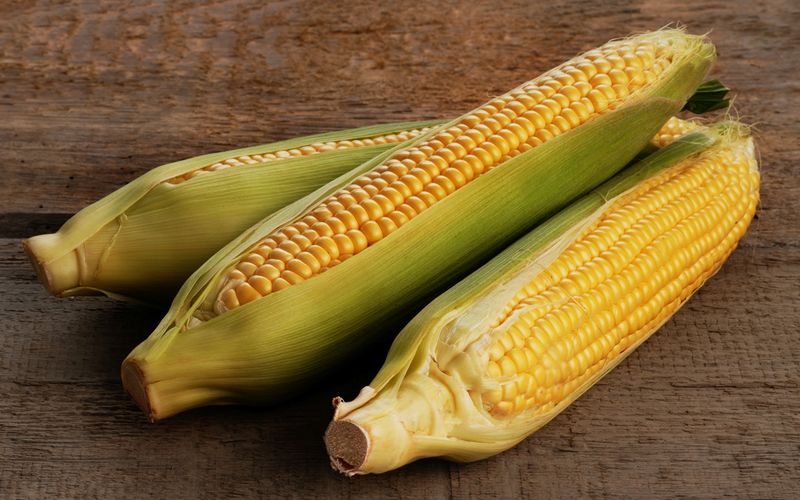
Those perfect rows of sweet corn at your BBQ are likely genetically modified varieties that would never make it to European grills. Approximately 92% of American corn contains genetic modifications to resist pests and herbicides.
The European Union has banned most GMO crops for cultivation, requiring strict labeling for any imported products. Their regulatory approach follows the “precautionary principle”—avoiding potential risks until long-term safety is proven. Meanwhile, Americans consume GMO sweet corn without any special labeling or awareness.
14. Liquid Smoke Marinades
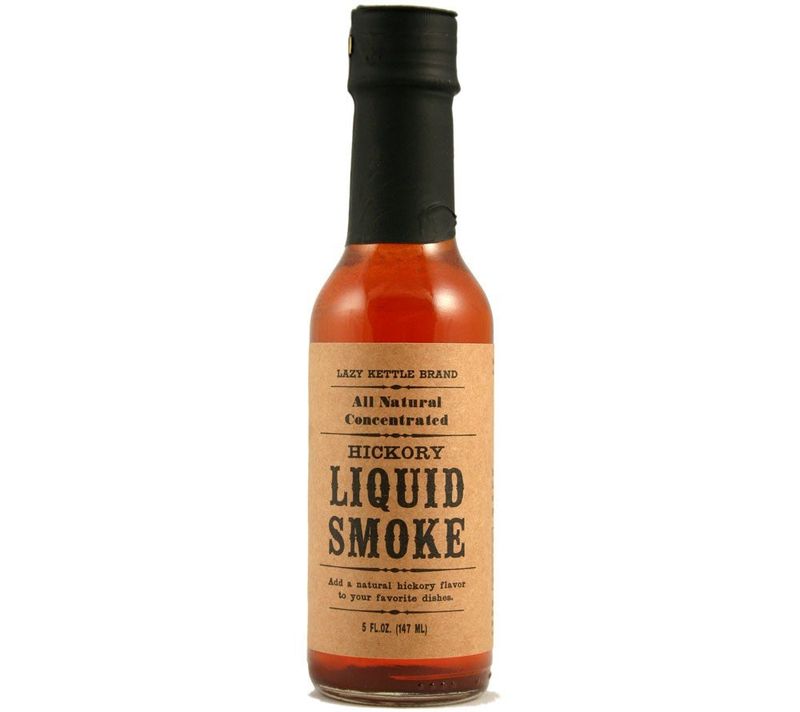
The secret ingredient in many American BBQ marinades—liquid smoke—faces strict limitations throughout Europe due to its high levels of polycyclic aromatic hydrocarbons (PAHs). American pitmasters love the convenient smoky flavor without actual smoking time.
The EU strictly regulates PAH levels in food products because these compounds have been linked to various cancers. Traditional European smoking methods use specific woods and temperatures to minimize PAH formation. The concentrated nature of liquid smoke creates potentially dangerous levels of these compounds compared to traditional smoking methods.
15. GMO Soybean BBQ Sides
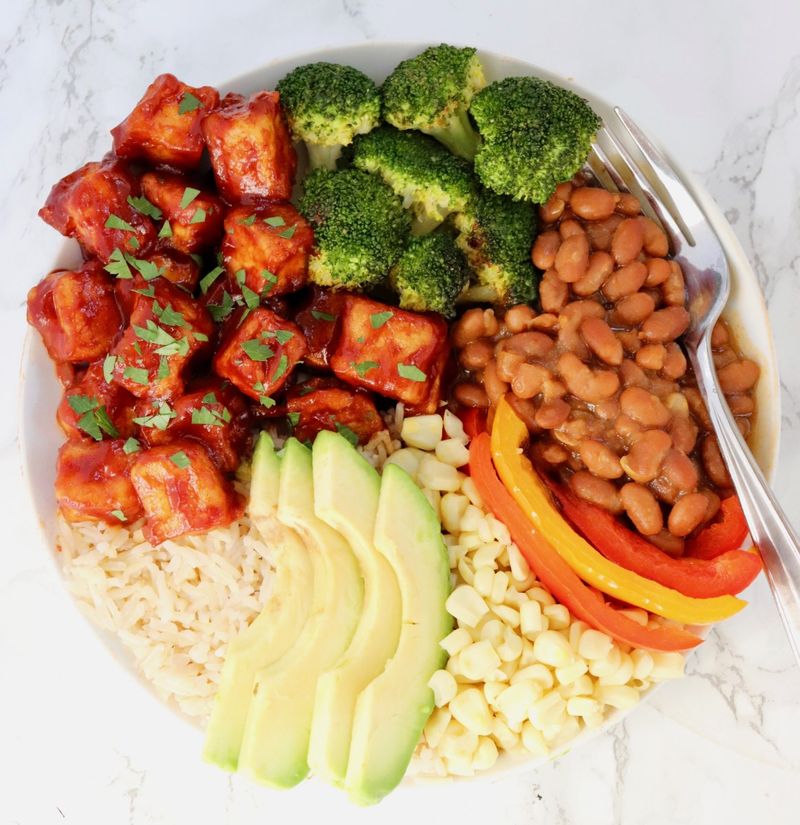
Those creamy BBQ side dishes containing soy—from tofu veggie skewers to soy-based dressings—likely contain genetically modified soybeans that are heavily restricted worldwide. Approximately 94% of American soybeans are genetically engineered to withstand herbicides.
Countries like France, Germany, and Austria have effectively banned GMO soybean cultivation. Many Asian nations, despite being major soy consumers, restrict American GMO soy imports. The controversy centers on potential long-term health effects and environmental impact of these modified crops, which Americans consume regularly at cookouts.

